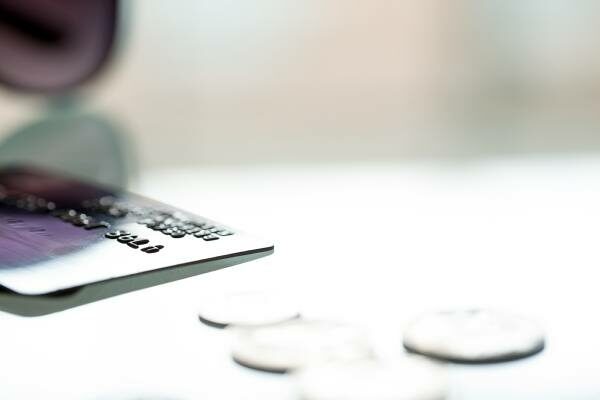
In a world that only grows more digital, personal information like your credit is at greater risk than ever. If someone manages to get their hands on any of your sensitive information, they may be able to open a credit account in your name and rack up a bewildering amount of fraudulent charges. With threats like this looming from every dark corner of the web, it’s crucial to have an emergency button to press in the event your personal information gets stolen. In instances of credit fraud, that means freezing your credit.
What is a credit freeze?
It’s more or less exactly what it sounds like. A credit freeze stops your credit report in its tracks and prevents it from being viewed by anyone. If lenders can’t view your report, they won’t be able to issue any new credit accounts under your name until your credit is “thawed”.1
The importance of protecting your credit score goes beyond the financial impact of fraud, too. Your credit score impacts your ability to do many things, from purchasing insurance to securing a new apartment, so knowing how to freeze your credit can save you from trouble on many fronts.
1. Contact the three major credit bureaus
To freeze your credit, the first thing you’ll need to do is contact the three major credit bureaus:
- Equifax
- Experian
- Transunion
You can do this via phone or through their websites. After you call the credit bureaus, your freeze should go into effect on the following business day.2
2. Have your personal information ready
To protect your credit, you’re going to need to provide some of the personal information that was stolen in the first place. If you want to access your credit and initiate a major change like a freeze, you may be asked to confirm various
parts of your identity such as your name, address, date of birth, Social Security number, and possibly others. It’s a good idea to circle back after you’ve completed the freeze and take some steps to secure your identity too.
3. Receive a personal identification number
No matter how urgently you need to freeze your credit, you’re still going to need to unfreeze it eventually. Each of the major credit bureaus will issue you a unique PIN that you will need to provide to unfreeze your account later.
When to unfreeze your credit
As mentioned earlier, your credit is incredibly important. You need access to your credit score to make big purchases, rent properties, apply for loans, and so much more. Once you’ve secured your personal information, the imminent threat to your credit has passed, and you need it again, it’s time to unlock the credit freeze.
To do this, you’ll need to reach out to the major credit bureaus again and provide them with the PINs they gave to you when you requested the freeze. You can lift the freeze as frequently as you want with no penalties, and the lift will become effective as soon as an hour after you request it via phone or web. Freeze lifts requested by mail will take longer to become effective.3
Freezing your credit is easy and penalty-free, so don’t hesitate to protect yourself if you ever think there’s a chance your information is under attack. It’s always best to err on the side of caution when it comes to materials as important as your credit. If you find yourself asking, “should I freeze my credit?”, then the answer is probably yes. Learn more about what you can do to protect your identity.
1https://www.experian.com/blogs/ask-experian/what-to-know-before-freezing-your-credit/, Accessed August 2021
2https://www.usa.gov/credit-reports, Accessed August 2021.
3https://www.usa.gov/credit-reports, Accessed August 2021.
Disclaimer:
The information included is designed for informational purposes only. It is not legal, tax, financial or any other sort of advice, nor is it a substitute for such advice. The information may not apply to your specific situation. We have tried to make sure the information is accurate, but it could be outdated or even inaccurate in parts. It is the reader’s responsibility to comply with any applicable local, state, or federal regulations. Nationwide Mutual Insurance Company, its affiliates and their employees make no warranties about the information nor guarantee of results, and they assume no liability in connection with the information provided. Nationwide, Nationwide is on your side, and the Nationwide N and Eagle are services marks of Nationwide Mutual Insurance Company. © 2021 Nationwide.



